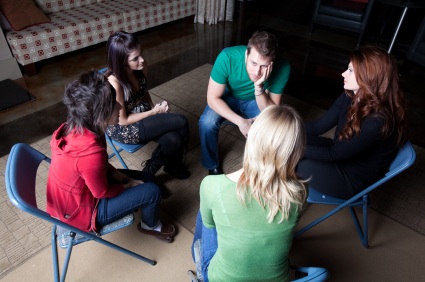What Is Validation?
Posted by Collaborative Counseling

Validation is when you listen to what another person is saying to you and reflect it back to them that you understand how they are feeling. An important thing to remember is validating is NOT necessarily agreeing with the other person. It also doesn’t mean you like what the other person is saying, doing or believing. You are simply restating back to the person what you hear them saying.
Why should we validate others?
There are many benefits to validating people, including it:
- Shows you are listening
- Lets people know that you care
- Proves you understand the other person’s point of view
- Is nonjudgmental
- Improves communication and openness
- Decreases conflict
- Establishes trust
How do I validate others?
Validation involves listening to what the person is saying, stating back what you hear them saying to you and then responding to the person’s needs at that time.
For example, when talking to someone nod and make small gestures to show you are listening (e.g. say mmhmm, I see, huh). Then restate what you hear the person saying (e.g. “That really hurt your feelings”, “You didn’t like that”, “That pisses you off!” or “You’re angry!”). Respond by asking what the person needs, they may want space or a hug or to just vent a bit more while you listen.
Be mindful and avoid judging what the other person is saying. Show tolerance for the other person by working to recognize that their reaction makes sense considering his/her life situation, experiences and history even if you do not necessarily agree with that person.
What does it mean to be invalidating?
We invalidate people’s feelings when we minimize or disregard their experience. Some common examples: “Oh, you’ll get over it”, “You don’t need those friends anyway”, “It’s not that big a deal” or “You should…”.
What are the negative impacts of being invalidating?
There are many negative outcomes from not validating others’, including it:
- Shows you aren’t listening
- Says you don’t care or believe the other person
- Shows you don’t understand the person
- Is judgmental
- Decreases openness and communication
- Increases conflict
- Decreases trust
The next time you are talking to your child, friend, lover, spouse or co-worker consider trying to just listen, reflect back what you hear and ask what the person needs in the moment. You may find it helps the person and also improves your relationship!!
Validation is a strong component of DBT, to learn more visit: https://www.collaborativemn.com/counseling-services/dialectical-behavior-therapy-DBT
Read More
 View Our Locations
View Our Locations Request Appointment
Request Appointment




